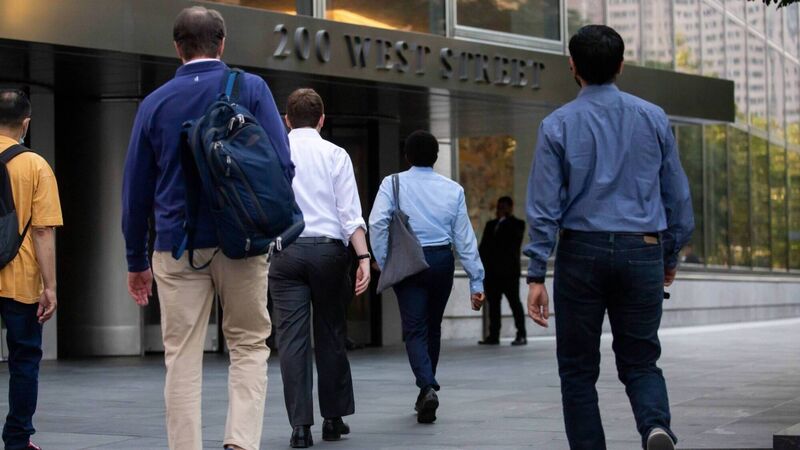Greed outpacing fear in global markets, says Goldman chief

Goldman Sachs chief executive David Solomon told Bloomberg's New Economy Forum in Singapore the global economy was facing a 'complicated time' as activity began to strengthen after the sudden shutdown in many parts of the world in 2020. Picture: Michael Nagle/Bloomberg
Greed is outpacing fear in world financial markets as investors respond to the pandemic recovery, Goldman Sachs chief executive David Solomon says, adding such periods of exuberance are usually not long-lived.
Mr Solomon told Bloomberg's New Economy Forum in Singapore the global economy was facing a "complicated time" as activity began to strengthen after the sudden shutdown in many parts of the world in 2020 because of coronavirus.











